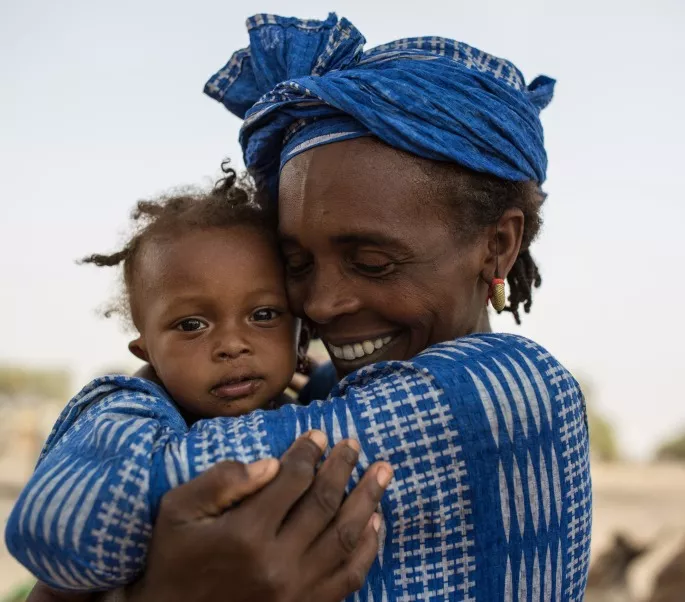Courage to Obey
When we absorb the beauty and tranquility of the Holy city of Madinah al-Munawarrah and how this city paved the […]
NYM Ink – Contemporary Islamic Outreach
When we absorb the beauty and tranquility of the Holy city of Madinah al-Munawarrah and how this city paved the […]
When we watch or entertain ourselves with certain shows they will deaden our hearts, but by turning back to Him
On this beautiful fall Friday, we see thousands upon thousands of leaves are each making their own unique journey from the
Before you’re born, your world is confined to the walls of the womb. You’re fed, you’re watered, and always protected.

Join our community of supporters passionate about ending world hunger.